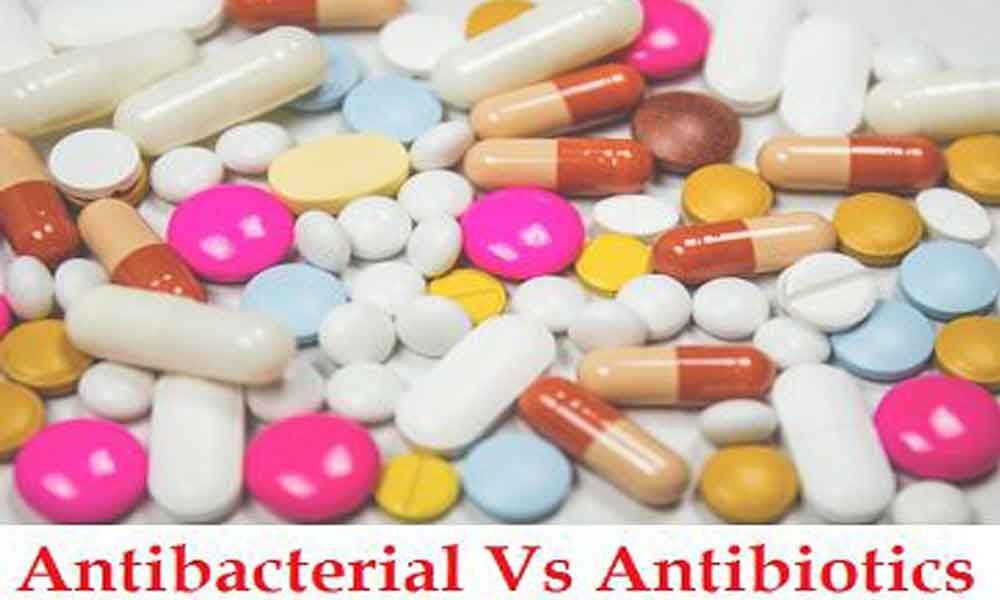Antibiotics and antibacterial agents

Antibiotics are an important medicine that can destroy bacterial infections, although they are ineffective against viruses. They are often able to cure once-fatal diseases, such as scarlet fever.
Antibiotics are an important medicine that can destroy bacterial infections, although they are ineffective against viruses. They are often able to cure once-fatal diseases, such as scarlet fever.
Infections: Do you know the difference between viral and bacterial infections? Viruses are non-living agents of disease; they are genetic material (DNA or RNA) inside a protein coat, which inject themselves into normal cells. The viruses then re-direct the cells' functions, forcing them to reproduce viruses until they explode, scattering new viruses to neighboring cells (where the process starts over again).
Although antibiotics are ineffective against viruses, white blood cells can destroy them and vaccines (a weakened form of a virus) can build a body's defenses against them.
Bacteria, on the other hand, are living organisms. They can reproduce very rapidly, under the right conditions. Pathogenic (disease-causing) bacteria are controlled either by killing them or stopping them from reproducing.
There are a variety of ways to provide protection from bacteria's harmful effects: they can be killed through sterilization or pasteurization, antiseptics or disinfectants, or they can be killed by hotter or colder temperatures than they are used to.
That is why our bodies produce fevers to fight off bacterial infections; the elevated temperature kills off the harmful bacteria, which can only survive in a very narrow temperature range.
Antibiotics are another way to kill bacteria that has entered the body, without harming normal cells. Usually they inhibit steps in the building of bacteria cell walls, so that the cell dies and is unable to reproduce.
Safety: While most environmental bacteria are not harmful to healthy individuals, once concentrated in colonies, they can be hazardous.
To minimize risk, wear disposable gloves while handling bacteria, and thoroughly wash your hands before and after.
Never eat or drink during bacteria studies, nor inhale or ingest growing cultures. Work in a draft-free room and reduce airflow as much as possible. Keep petri dishes with cultured mediums closed—preferably taped shut—unless sampling or disinfecting.
Even then, remove the petri dish only enough to insert your implement or cover medium with bleach or 70% isopropyl alcohol. When finished experimenting, seal dishes in a plastic bag and dispose.
Cover accidental breaks or spills with bleach or alcohol for 10 minutes, then carefully sweep up, seal in a plastic bag,and discard.















